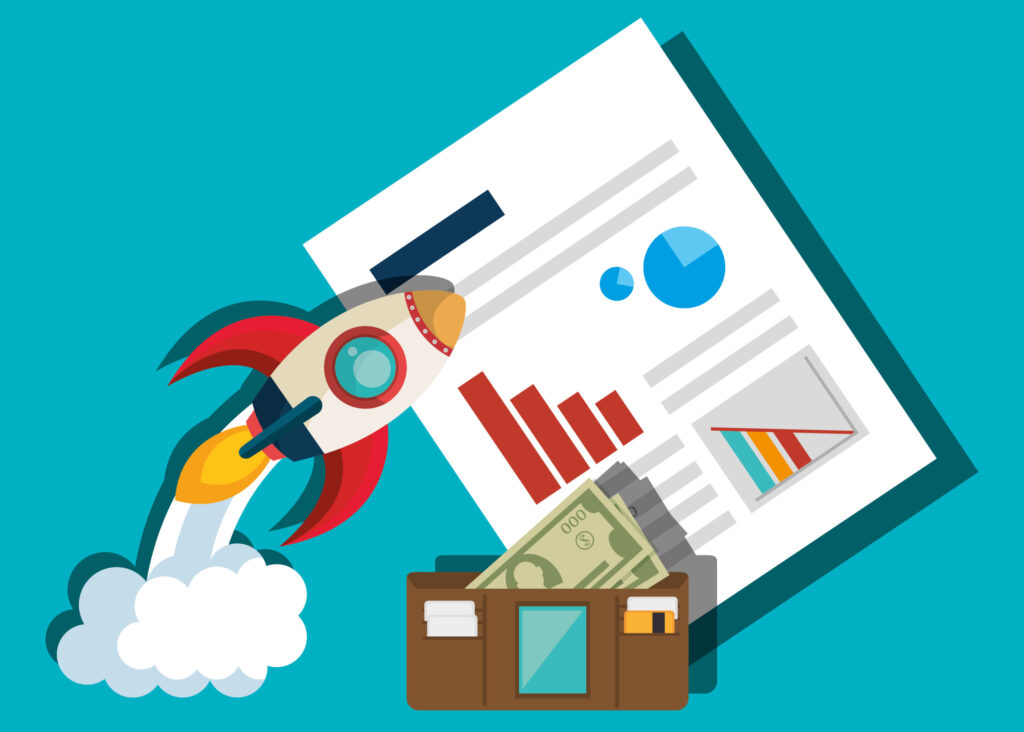Startup Valuation Methods Explained Simply

Ever wondered how much your startup is actually worth? If you’re fundraising, pitching to investors, or just curious, understanding startup valuation methods is critical. It’s not just about assigning a dollar figure—it’s about telling the story of your company’s potential, traction, and risk profile in numbers.
Let’s break down the most commonly used valuation methods in startup land—no finance degree required.
Why Startup Valuation Matters
Before we dive into the math, let’s clarify the why. Valuation determines how much equity you’ll need to give away for funding. It’s also a reflection of your company’s perceived risk and potential.
Too high, and you risk turning off investors. Too low, and you’ll lose a larger ownership slice than necessary. Whether you’re at seed, Series A, or beyond, the valuation game affects everything—from fundraising to exit strategy.
Want investors to take you seriously? You better know your numbers. And more importantly, know how to defend them.
The Two Major Types: Pre-Money and Post-Money
Understanding these basics will help you avoid rookie mistakes:
- Pre-Money Valuation: The value of your company before new investment.
- Post-Money Valuation: Pre-money + the investment amount.
Example: If your startup has a pre-money valuation of $2M and raises $500K, your post-money valuation is $2.5M. That means the investor now owns 20% of your company.
This distinction is key when negotiating with VCs or applying for venture studio partnerships like FoundersMax.
Common Startup Valuation Methods
Let’s break down the most widely used approaches:
A. Comparable Transactions Method (Comps)
Think of this like real estate comps. You look at valuations of similar startups in your sector, size, and stage.
Pros:
- Quick and intuitive
- Reflects real market trends
Cons:
- Hard to find true “comps”
- Can be misleading without context
B. Discounted Cash Flow (DCF)
This method calculates what your future cash flow is worth today. It’s more common in later-stage startups with financial predictability.
Pros:
- Great for revenue-generating startups
- Based on actual projections
Cons:
- Assumes too much for early-stage startups
- Complex to build accurately
C. Scorecard Valuation Method
Popular for pre-revenue startups. It benchmarks your startup against a “typical” successful one and scores based on criteria like:
- Team experience
- Market size
- Competitive landscape
- Product stage
- Traction
Each category is weighted, and your score adjusts the average valuation.
D. Berkus Method
A super simple tool for early-stage founders. It assigns dollar values to 5 success factors:
- Sound Idea
- Prototype
- Quality Team
- Strategic Relationships
- Product Rollout/Traction
Each factor can add up to $500K, giving a max value of around $2.5M.
Great for first-time founders or angel investors who need clarity fast.
E. Venture Capital Method
A favorite among VCs. They calculate how much return they want (say, 10x) and work backwards to figure out what they should invest and at what valuation.
If your exit potential is $50M and they want 10x, they’ll value you around $5M post-money. Then they decide how much to invest based on their desired equity slice.
Factors That Influence Startup Valuation
Every startup is unique—and so is its valuation. While the method you choose is important, the factors behind the numbers matter just as much. Here are some core elements that heavily influence your valuation, especially when talking with venture studios like FoundersMax:
1. Market Opportunity
Is your market big enough to support a billion-dollar business? Investors love scalable markets. The bigger the opportunity, the higher the valuation potential.
2. Team Strength
Have a rockstar founding team? That can significantly boost your valuation. Experienced founders are considered lower-risk and more capable of execution.
3. Traction & KPIs
Early user adoption, growth rates, customer feedback, and engagement metrics can skyrocket your startup worth calculation. Numbers speak louder than slides.
4. Product Stage
A working MVP is more valuable than an idea. A live product with users? Even better. Each milestone reduces investor risk and justifies a higher valuation.
5. Competitive Landscape
Are you a first-mover or entering a crowded field? A unique position or defensible moat (like proprietary tech or brand strength) increases valuation appeal.
Mistakes to Avoid When Valuing Your Startup
Founders often overvalue their startups out of passion. But there’s a fine line between ambition and delusion. Here’s what not to do:
- Don’t anchor to unicorns. Just because Uber is worth billions doesn’t mean your rideshare app is, too.
- Avoid cookie-cutter models. Choose a valuation method that matches your stage and traction.
- Don’t ignore dilution. High valuations may look good now but can hurt you during follow-on rounds.
- Don’t neglect comparables. Use the market to justify your numbers, not just internal logic.
Tools and Templates to Calculate Valuation
You don’t have to start from scratch. Here are some resources to help:
These tools can guide your numbers, but remember: they’re only as good as your assumptions.
When to Hire a Valuation Expert
If you’re raising a significant round or entering complex negotiations, bringing in a startup valuation advisor or financial expert may be worth the investment.
Situations where this makes sense:
- You’re doing a priced equity round
- You’re negotiating with multiple VCs
- Your company has international entities or revenue streams
- You’re prepping for acquisition or IPO
While it’s not required for early-stage rounds, expert insight can save you from costly mistakes and help you present more confidently.
Startup valuation isn’t about finding a perfect number—it’s about telling a credible, data-backed story that reflects your potential. Whether you’re using the Berkus method, VC method, or scorecard approach, the goal is the same: to find alignment between your vision and an investor’s expectations.
Still unsure where to start? Partnering with a hands-on venture studio like FoundersMax can give you the tools, mentorship, and resources you need—not just to value your startup, but to grow it.


